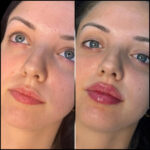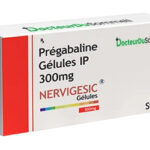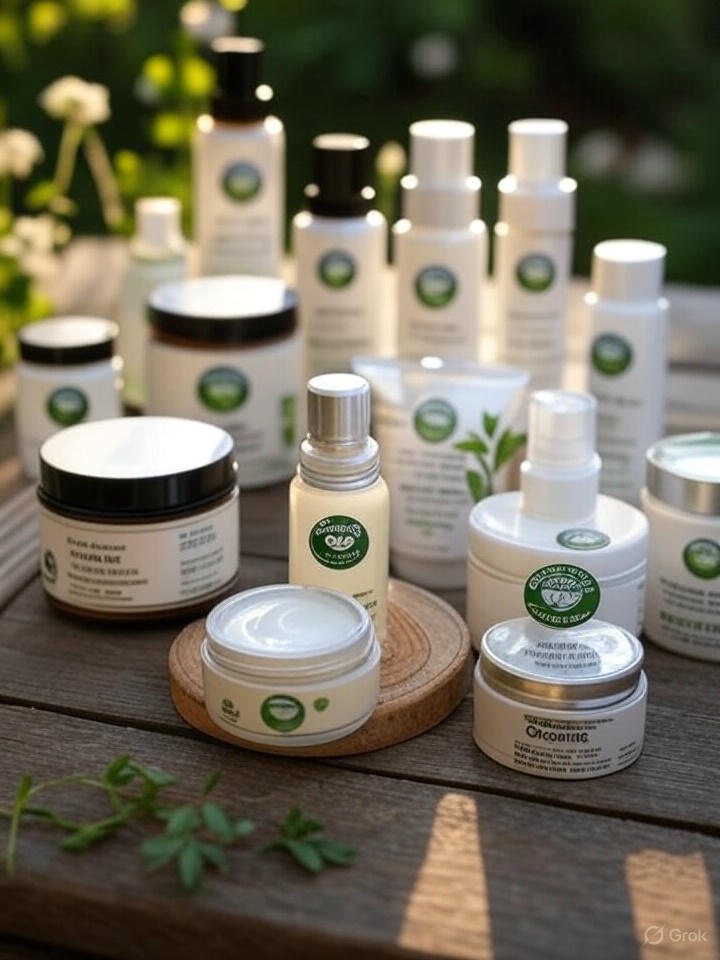With the increasing demand for natural and sustainable beauty, many skincare brands now label their products as “organic.” However, not all products that claim to be organic are truly so. Whether you’re shopping online or in-store, knowing how to identify genuine organic skincare products is crucial to ensure you’re getting the benefits of pure, chemical-free formulations. Here are the key steps to help you distinguish authentic organic skincare from the rest.
1. Check for Certification Labels
One of the easiest ways to confirm whether a skincare product is genuinely organic is to look for certification labels from reputable organizations. These certifications ensure the product has met strict organic standards. Some of the most recognized certification bodies include:
- USDA Organic (United States): This label ensures that the product contains at least 95% organic ingredients and follows strict organic farming guidelines.
- Ecocert: A global certification body that ensures products are made from natural and organic raw materials with a focus on sustainability.
- COSMOS Organic: A certification standard in Europe that guarantees the product is organic and produced with a minimal environmental impact.
These certifications guarantee that the skincare product complies with rigorous organic farming practices and doesn’t contain harmful synthetic chemicals or pesticides.
2. Review the Ingredient List
Ingredients play a crucial role in determining the authenticity of organic skincare products. Always check the ingredient list and look for the following signs:
- First Ingredient: Organic skincare products typically list organic plant-based ingredients as the first component. If the product begins with water or synthetic ingredients, it might not be as natural as advertised.
- Certified Organic Ingredients: Many organic skincare products will proudly display “certified organic” ingredients. Look for organic oils, botanicals, and herbs such as aloe vera, lavender, or jojoba oil.
- Avoid Synthetic Additives: Genuine organic skincare should be free from harmful additives like parabens, sulfates, artificial fragrances, and synthetic dyes. If these chemicals are listed, the product is likely not as organic as it claims.
3. Research the Brand’s Ethics and Transparency
A reputable organic skincare brand will often share detailed information about its sourcing practices and production processes. Look for brands that:
- Promote Sustainability: Genuine organic skincare companies prioritize eco-friendly packaging, support sustainable farming practices, and avoid animal testing.
- Provide Transparency: Authentic brands will offer full transparency about the ingredients used in their products, where the ingredients are sourced from, and how they are processed.
Researching the brand’s mission and values can help you gauge whether they are committed to producing truly organic skincare.
4. Be Wary of Overly Broad Claims
Many skincare brands will boast about being “natural” or “pure,” but these terms are not regulated. Just because a product is labeled as “natural” doesn’t mean it’s organic. Look for specific organic certifications, as mentioned earlier, and avoid products that use vague, unregulated claims like “green” or “earth-friendly” without further proof.
5. Smell and Texture
Organic skincare products typically have a more subtle, earthy fragrance due to their natural ingredients. Artificially scented products, on the other hand, may contain synthetic fragrances, which can be harsh on the skin. Similarly, the texture of organic skincare is usually richer and more nourishing, as it is packed with plant oils and extracts.
While this is not a foolproof method, it can be an indicator of whether a product is truly natural. A product that smells overwhelmingly synthetic or has an overly greasy or artificial texture may contain chemicals or fillers.
6. Price Point
While not always a rule, genuine organic skincare products often come at a higher price due to the cost of sourcing organic ingredients, ethical production, and eco-friendly packaging. Be cautious of products that are priced significantly lower than comparable organic options. If something seems too good to be true, it may not be as organic as it claims.
7. Reviews and Reputation
Check online reviews and forums for customer experiences with the product. Genuine organic skincare products usually have a solid reputation and positive feedback from users who appreciate the natural benefits. However, be cautious of fake reviews, especially those that seem overly promotional or lack specifics.
8. Look for Simple, Minimal Ingredients
Organic skincare products often have fewer ingredients than conventional products because they avoid unnecessary chemicals, preservatives, and fillers. A shorter ingredient list with recognizable plant-based elements is usually a good sign that the product is genuinely organic. If you see a long list of ingredients, many of which are difficult to pronounce, it’s likely that the product is packed with synthetic additives.
Conclusion
Identifying genuine organic skincare products requires a little extra effort, but it is worth it for your skin and the environment. By checking certification labels, reviewing ingredient lists, researching the brand’s ethics, and being cautious of vague claims, you can ensure that you’re choosing products that are truly organic. Remember, authentic organic skincare should be nourishing, eco-friendly, and free from synthetic chemicals, giving you the natural glow and care you deserve. learn more –https://uk.mederbeauty.com
- How to Identify Genuine Organic Skincare Products - Learn here
- With the increasing demand for natural and sustainable beauty, many skincare brands now label their products as "organic." However, not all products that claim to be organic are truly so.
- Organic Skincare Products
Related posts:
 What Are the Key Considerations Before Getting Filler Injections?
What Are the Key Considerations Before Getting Filler Injections?
 Dr. Kami Hoss Gives Out the Truth About Brushing & Flossing-Protecting Your Teeth
Dr. Kami Hoss Gives Out the Truth About Brushing & Flossing-Protecting Your Teeth
 Can Atrial Fibrillation Be Cured? Latest Research & Insights
Can Atrial Fibrillation Be Cured? Latest Research & Insights
 Expert Lung Care in Jaipur: Why You Shouldn’t Ignore Breathing Issues
Expert Lung Care in Jaipur: Why You Shouldn’t Ignore Breathing Issues
 Control Fasting Blood Sugar with Confidence – Get Glycomet Online Today
Control Fasting Blood Sugar with Confidence – Get Glycomet Online Today
 Effective Weight Loss Clinic Killeen: Your Path to Lasting Results
Effective Weight Loss Clinic Killeen: Your Path to Lasting Results
 How to Prepare for Your Appointment with the Best Plastic Surgeon in dubai for Fillers
How to Prepare for Your Appointment with the Best Plastic Surgeon in dubai for Fillers
 Comment les analgésiques sur ordonnance se comparent-ils aux options en vente libre ?
Comment les analgésiques sur ordonnance se comparent-ils aux options en vente libre ?






